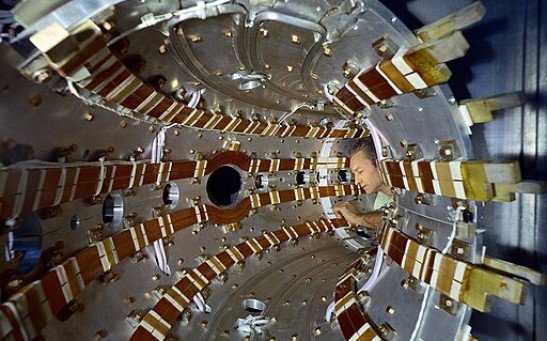Tags: U.S. Department of Energy

Simple Mod Can Keep Quantum States 10,000 Times Longer

US Senate Passes Sustainable Chemistry Legislation
Trump Administration Plans to Lower Classification of Nuclear Waste to Save Money
Not Sugary Sweet, But New Artificial Photosynthesis May Change the Game Altogether
Can U.S. Supercomputers Regain Top Title?
China’s Supercomputer Tianhe-2 Reigns Supreme
Most Popular

Dream Science Meets Neuroscience: HowDream Engineering and Targeted Sleep Stimuli Unlock Creative Cognition

Why the Human Brain Fears the Unknown: Science Behind Anxiety and Uncertainty

The Gut Microbiome's Hidden Allies: New Bacteria Linked to Better Health and Well-Being

Understanding the Passage of Time: Why It Moves Forward but Never Backward





